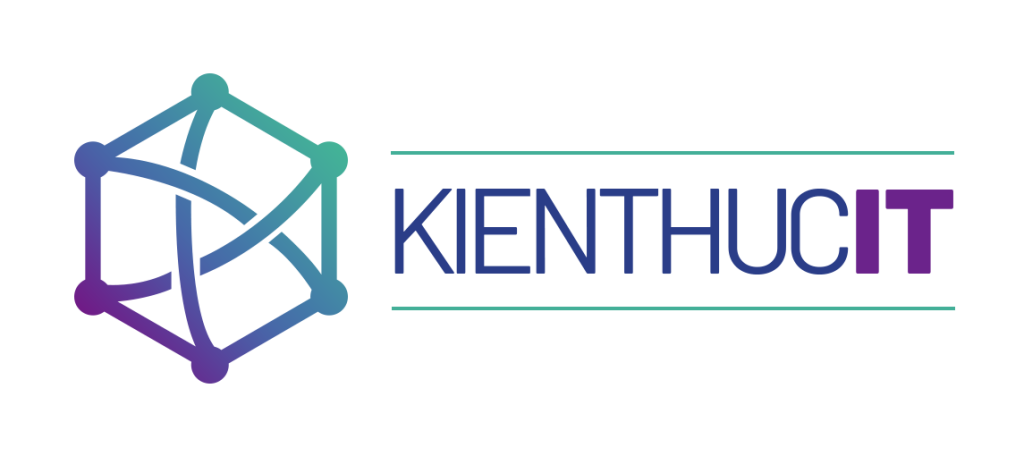The evolution of digital casino gaming platforms has redefined the structure of global entertainment, merging cutting-edge innovation, probability science, and protective standards to create engaging, fair, and accessible gaming experiences. These platforms merge interactive design with instant computation and are subject to extensive regulation to ensure compliance with international gaming standards. This article offers an expert overview of how online casino gaming sites function, their licensing duties, and the key technological systems that support their fairness and functionality.
Compliance Principles and Fairness Standards
Online gaming operates within a strictly controlled framework aimed at maintaining clarity, player safety, and responsible entertainment. According to a documented guideline published by the UK Gambling Commission, all licensed gaming sites must use independently tested RNG systems to ensure unbiased game events for every spin, draw, or shuffle. This ensures that each result—whether from slots, table games, or wheel games—is statistically random and unbiased.
In addition to RNG certification, gaming platforms are required to disclose payout percentages, known as player return rates. These values, typically ranging between 94% and 98% for regulated games, represent the theoretical proportion of wagers returned to players over time. Compliance checks performed by accredited agencies confirm these figures to maintain credibility and trust in the digital environment.
Platform Architecture of Online Casino Platforms
The infrastructure supporting online casino systems is complex and integrated. It integrates user management systems, payment gateways, gaming servers, and integrity trackers. Each component functions cohesively through protected communication layers to deliver a reliable and consistent experience.
| Game Server | Manages RNG-based gaming software and coordinates real-time gameplay. | Ensures stability across all user sessions. |
| Payment Gateway | Handles deposits and withdrawals via secure encryption. | Enables financial transactions while blocking data breaches. |
| Authentication System | Verifies user identity through KYC protocols and secure tokens. | Stops fraud and ensures regulatory compliance. |
| Compliance Module | Oversees activity to ensure responsible play and AML adherence. | Flags suspicious behavior and enforces gaming standards. |
Each of these systems contributes to a unified technological ecosystem designed for continuity, transparency, and user protection. Continuous monitoring and encryption ensure system consistency and uphold international cybersecurity standards such as ISO security certification.
Game Categories and Range of Games
The variety of entertainment available on web-based gaming platforms reflects the global demand for varied playstyles. Most platforms categorize their offerings into structured segments based on probability, rulesets, and player engagement models. The primary categories include:
- Slot Games: randomized titles that rely on chance models and story-driven themes.
- Table Games: Simulations of traditional casino games like roulette, blackjack, and baccarat.
- Live Dealer Games: HD broadcasts using professional hosts and secure video interfaces.
- Skill-Based Games: player-influenced experiences where strategy partially influences outcomes.
- Progressive Systems: Networked games connected by mutual networks with dynamic growth algorithms.
Each category requires distinct software calibration and independent verification to ensure fairness, efficiency, and transparency in accordance with gaming regulations.
Data Protection and Player Safety
Security forms the cornerstone of online casino operations. All legitimate platforms implement digital protection protocols such as Secure Socket Layer (SSL) or SSL/TLS encryption to secure data during transmission. Additionally, dual verification is mandatory across verified platforms to stop unauthorized access to player accounts.
Responsible gaming measures are of similar importance. Licensed sites are mandated to provide self-exclusion tools, deposit Spin Million limits, and session reminders. These features are part of a larger governance policy emphasizing player well-being and data transparency. In some jurisdictions, operators must also contribute to responsible gaming funds and collaborate with behavioral research institutions.
Operational Efficiency and Financial Operations
The financial architecture of digital gaming operators supports both traditional and digital payment systems to serve global users. Transactions are executed through gateways that comply with Payment Card Industry Data Security Standard (PCI DSS) protocols. real-time deposits and encrypted payouts are facilitated by data masking, which converts sensitive information with encrypted tokens.
Operators also employ financial crime prevention algorithms that evaluate transaction patterns to identify suspicious activity. This protects financial security and reinforces alignment with cross-border monetary laws and data protection frameworks.
Probability Framework and Payout Transparency
Each online casino game follows a predictable mathematical model based on random chance and casino margin calculation. The table below shows a simplified representation of how statistical balance is maintained between risk and reward:
| Slot Games | 95.0 – 97.0 | 3.0 – 5.0 |
| Roulette | 94.7 – 97.3 | 2.7 – 5.3 |
| Blackjack | 98.0 – 99.5 | 0.5 – 2.0 |
| Video Poker | 97.0 – 99.0 | 1.0 – 3.0 |
These figures are verified by independent labs that ensure alignment between theoretical and actual returns. Transparent RTP disclosures help maintain player trust and encourage informed participation.
Emerging Technologies in Online Gaming
Recent developments have introduced machine learning algorithms and blockchain verification into online casino systems. Predictive modeling improve player experiences, while blockchain technology provides immutable records of transactions and game outcomes. Both innovations work toward improving user confidence by reducing operational opacity and providing traceable histories.
Conclusion
The ecosystem of digital casino networks represents the convergence of probability models, digital systems, and legal governance. Through tested randomization engines, encrypted payment systems, and safer gambling programs, these platforms showcase a commitment to transparency and consumer trust. As international norms continue to evolve, online gaming sites stand as models of how digital entertainment can maintain honesty, security, and long-term viability through structured regulation and technological innovation.
